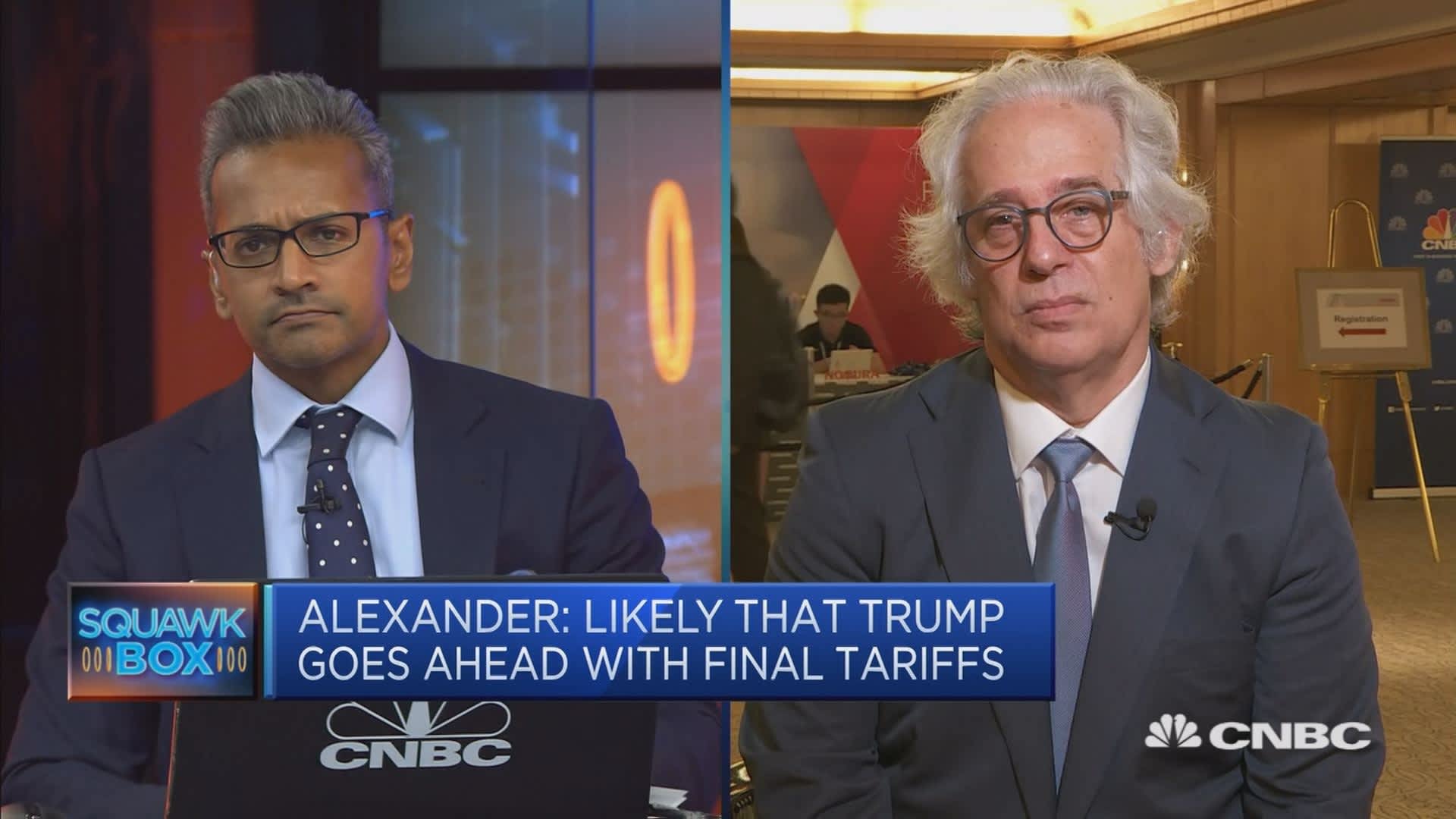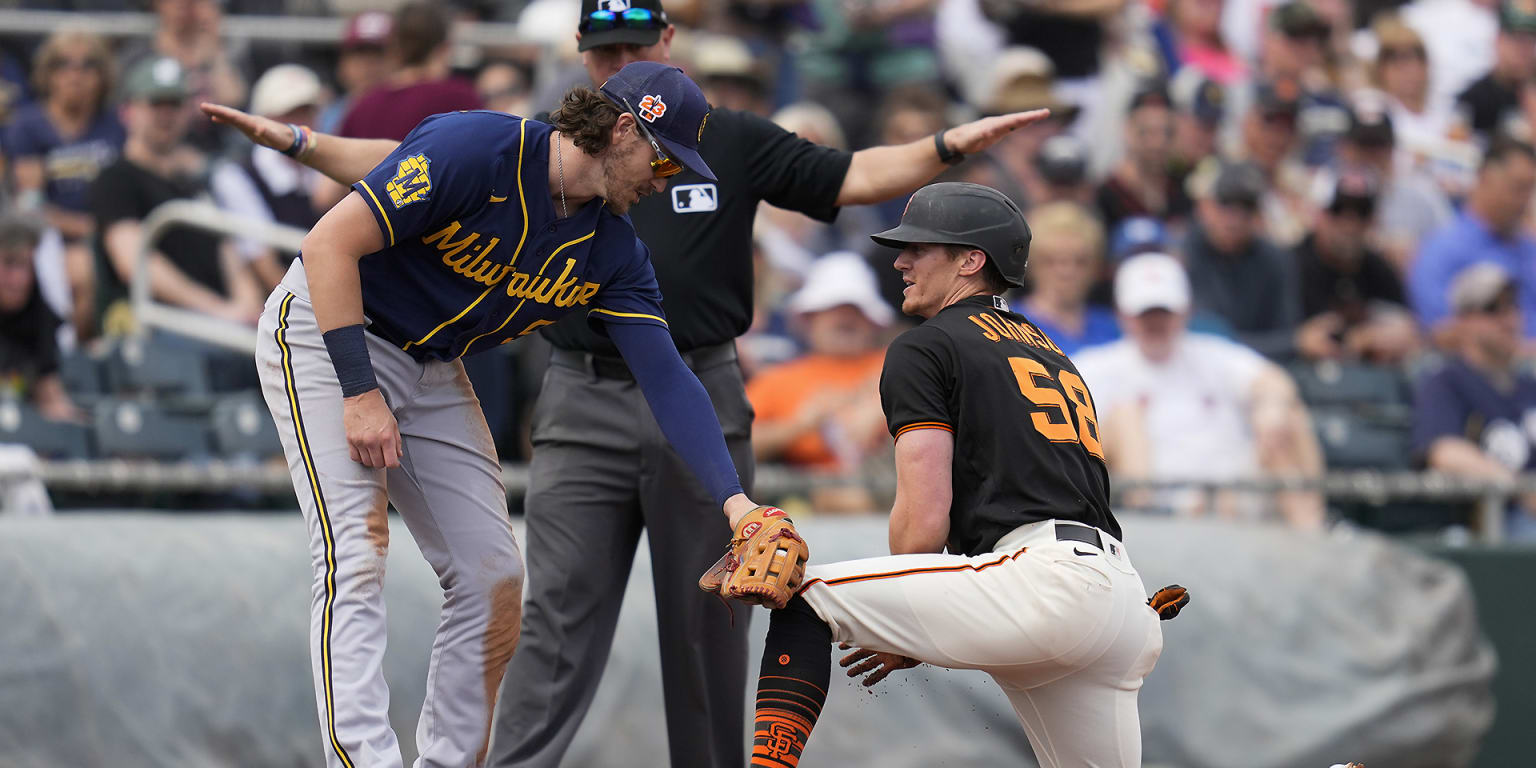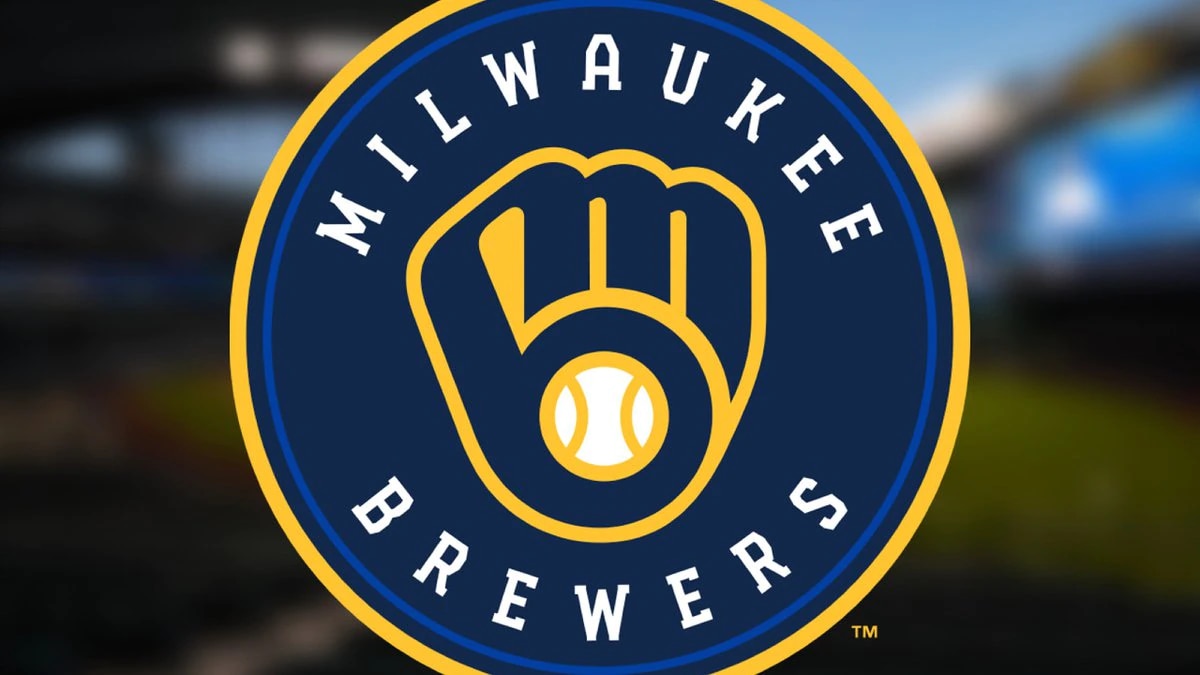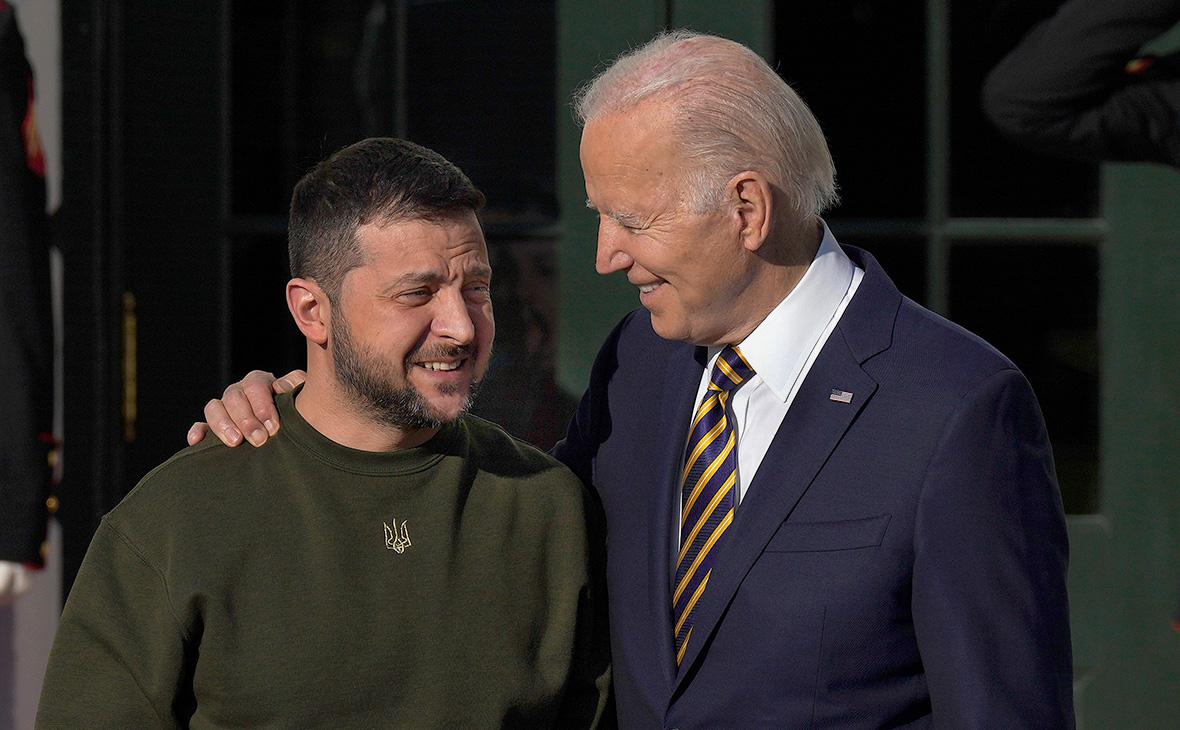Roberts On The World Series: How One Hit Changed Everything

Table of Contents
The Context: A Tightly Contested Series
The Pre-Game Atmosphere
Game 3 of the 1969 World Series was a pressure cooker. The New York Mets, the surprising National League champions, were locked in a fierce battle against the heavily favored Baltimore Orioles. The first two games had been closely fought, showcasing the intense rivalry and exceptional talent on both sides. The atmosphere was electric, charged with the anticipation of a pivotal game that could swing the series' momentum.
- Close score heading into Game 3: The series was tied 1-1, meaning a win for either team would give them a crucial advantage.
- Strong pitching matchups: Both teams boasted formidable pitching rotations, promising a low-scoring, strategically intense match-up.
- High stakes for both teams: For the Mets, a win would solidify their underdog status and boost their confidence. For the Orioles, a victory would reaffirm their dominance and put them on the path to winning the World Series.
- Analysis of team morale and momentum going into the game: While the Orioles were considered favorites, the Mets’ unexpected victory in Game 2 had subtly shifted the psychological balance, injecting a dose of uncertainty into the series.
The Play: Lou Brock's Bold Decision and Execution
The Setup
The bottom of the fifth inning, Game 3. The score was tied, and with a runner on first and nobody out, Lou Brock, the St. Louis Cardinals' renowned base stealer, was on deck for the Mets. This wasn’t a regular season game; this was the World Series.
The Steal
With a crucial moment unfolding, the steal was executed flawlessly. The pitcher delivered a pitch, and with unparalleled speed and timing, Brock took off. He was a blur of motion, a flash of brilliance stealing second base. The crowd erupted in a frenzy, a blend of gasps, cheers, and disbelief.
- Description of the pitch, the stolen base itself, and the reaction from players and fans: The pitch was a fastball, giving Brock minimal time to react. However, his instincts and impeccable timing paid off. The reaction was instantaneous and electric, showcasing the play’s impact in real-time.
- Lou Brock's reputation as a base stealer: Brock was known for his daring base-stealing prowess. This wasn't a reckless gamble; it was a calculated risk based on his skills and strategic understanding of the game.
- Manager Whitey Herzog's influence and strategy: Herzog's influence on Brock’s decision and execution can only be assumed; no direct evidence links him to the decision. However, his strategic mindset likely shaped Brock's aggressive approach.
- Analysis of the risk and reward involved in the play: The risk was significant: getting caught could have easily stalled the Mets' momentum. But the potential reward—shifting momentum and altering the course of the game—was equally substantial.
The Aftermath: Shifting Momentum and Series Outcome
Immediate Impact on Game 3
Brock's stolen base ignited a spark. The Mets, energized by the audacious play, capitalized on the shift in momentum. The stolen base opened up scoring opportunities, and the Mets seized their chance to score crucial runs.
Psychological Impact on Both Teams
The stolen base wasn't just a physical play; it had a profound psychological impact. The Mets' confidence soared, while the Orioles' momentum wavered, leaving them on the back foot and shifting the balance of the series in a remarkable way.
- Specific plays and scoring opportunities following the steal: The subsequent plays were directly influenced by Brock's steal, creating chain reactions that led to the Mets' success.
- Impact on pitching strategies and player performance: The Orioles' pitching strategy may have been affected by the need to account for further stolen base attempts.
- The Mets' eventual win and its connection to the stolen base: The stolen base was a pivotal turning point, directly contributing to the Mets' victory in Game 3 and shifting the series dynamics in their favor.
- The legacy of the stolen base on baseball strategy: The stolen base remains a key part of modern baseball strategy, influencing how managers think about base running and its impact on game momentum.
The Lasting Legacy: Roberts on the World Series and Beyond
The "Roberts" Phenomenon
The play is frequently misattributed to the 2004 ALCS, where Dave Roberts stole second base for the Boston Red Sox. However, Brock's bold play in 1969 set a precedent, establishing a new standard for aggressive base running in crucial moments, often linked to the term “Roberts on the World Series”.
Impact on Baseball Strategy
Brock's steal highlighted the strategic importance of aggressive base running. It influenced how managers and coaches approach base stealing, particularly in high-pressure situations.
- Modern examples of similar plays and their outcomes: Many modern examples echo Brock's play, demonstrating the enduring relevance of his daring strategy.
- The ongoing debate surrounding the risk/reward of stealing bases in key situations: The debate continues over whether the risks outweigh the potential rewards, showcasing the ongoing strategic importance of the play.
- Influence on coaching strategies and player training: Modern baseball training emphasizes the importance of base stealing and situation-based decision making, echoing the lessons learned from Brock's famous play.
Conclusion
Lou Brock's stolen base in Game 3 of the 1969 World Series – often mistakenly referred to as “Roberts on the World Series” – was more than just a single play; it was a pivotal moment that reshaped the course of the series and left a lasting legacy on baseball strategy. The audacity of the play, its impact on team morale, and its contribution to the Mets' eventual victory solidified its place in baseball history. It serves as a testament to the strategic brilliance and the power of a single, daring play to alter the fate of a game, a series, and even the broader trajectory of the sport. Share your thoughts on the enduring impact of "Roberts on the World Series" – or perhaps more accurately, "Brock on the World Series" – in the comments below!

Featured Posts
-
 Turangs Bunt Delivers Walk Off Win For Brewers Against Royals
Apr 23, 2025
Turangs Bunt Delivers Walk Off Win For Brewers Against Royals
Apr 23, 2025 -
 Brewers Path To The Playoffs Overcoming Early Season Challenges
Apr 23, 2025
Brewers Path To The Playoffs Overcoming Early Season Challenges
Apr 23, 2025 -
 China Seeks Canadian Oil Amid Worsening Us Trade Relations
Apr 23, 2025
China Seeks Canadian Oil Amid Worsening Us Trade Relations
Apr 23, 2025 -
 Record Setting Nine Stolen Bases For Milwaukee In Four Innings
Apr 23, 2025
Record Setting Nine Stolen Bases For Milwaukee In Four Innings
Apr 23, 2025 -
 Josh Naylors Go Ahead Rbi Diamondbacks Rally Past Brewers
Apr 23, 2025
Josh Naylors Go Ahead Rbi Diamondbacks Rally Past Brewers
Apr 23, 2025
Latest Posts
-
 Stiven King Povernuvsya Ta Prokomentuvav Trampa Ta Maska
May 09, 2025
Stiven King Povernuvsya Ta Prokomentuvav Trampa Ta Maska
May 09, 2025 -
 King Protiv Maska Pisatel Vernulsya V X S Rezkoy Kritikoy
May 09, 2025
King Protiv Maska Pisatel Vernulsya V X S Rezkoy Kritikoy
May 09, 2025 -
 Stiven King Novi Zayavi Pro Trampa Ta Maska
May 09, 2025
Stiven King Novi Zayavi Pro Trampa Ta Maska
May 09, 2025 -
 Stiven King Vernulsya V X I Naekhal Na Ilona Maska
May 09, 2025
Stiven King Vernulsya V X I Naekhal Na Ilona Maska
May 09, 2025 -
 Reaktsiya Na Slova Kinga Mask Ta Tramp Zradniki Za Slovami Pismennika
May 09, 2025
Reaktsiya Na Slova Kinga Mask Ta Tramp Zradniki Za Slovami Pismennika
May 09, 2025
